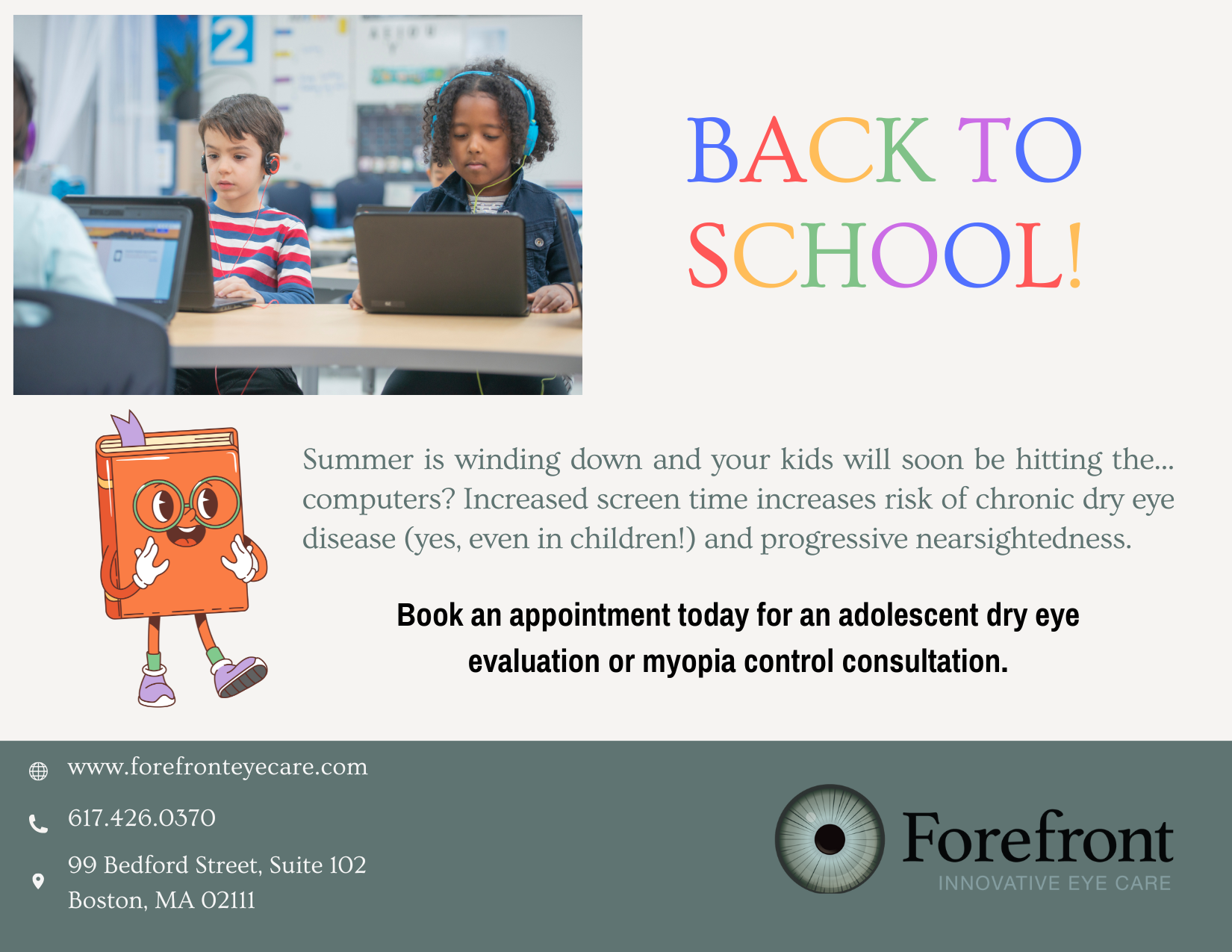
Ortho-K is a procedure used to shape the surface of the cornea. It uses the same concept as teeth braces. Instead of braces, Ortho-K uses special contact lenses to reshape the cornea. Your cornea is the transparent part of the eye that covers the pupil. It refracts light coming into the eye. It also serves as a protective outer layer covering your pupils and retina.
A problematic cornea does not refract light properly, resulting in poor vision. Ortho-K surgery reshapes the retina so that light can refract correctly.
How Does Ortho-K Work?
The best thing about the Ortho-K procedure is that it is minimally invasive. It uses special gas permeable contact lenses to reshape the cornea. These Ortho-K contact lenses gradually correct the refractive errors of the cornea. These types of lenses are worn at night to reshape the cornea throughout the night.
When you wake up, you remove them and you can see clearly during the day. For the best results, you should use them daily. After a series of corrections, the reshaped cornea can work well for over 36 hours.
Conditions That Are Treated Using Ortho-K
Myopia is otherwise known as nearsightedness. This is a common condition in which the patient can see objects that are near, but not the ones in a distance. The cornea bends light rays making it hard to focus on objects that are far away.
Hyperopia is otherwise known as farsightedness. It is a condition in which the patient can see distant objects. Close objects seem blurry or distorted to them. People with hyperopia have a hard time focusing on close objects.
Presbyopia is the gradual vision loss caused by age. Over time, patients have a hard time focusing on nearby items. If you start holding books, or your phone at arm’s length, then you may have symptoms of presbyopia.
Astigmatism is a condition that is caused by an error in the shape of the cornea. The patient has an irregular curve on the surface of the eye. It affects the way light refracts into the retina. This causes strained, distorted, and blurry vision.
Who Are the Candidates for Ortho-K?
Ortho-K targets patients with a problem with refraction. The degree of refraction correction depends on the severity. Patients with myopia benefit from Ortho-K. Cases of myopia continue to rise. Children are the most beneficiaries of Ortho-K. Their eyes are still developing so they do well with stable correction.
Athletes also benefit for Ortho-K because glasses do not work for them. Young adults who are not eligible for LASIK surgery are also good candidates of Ortho-K. People who want to be glasses-free due to their lifestyle are also good candidates for this procedure.
Is Ortho-K Paid by Insurance?
The Ortho-K procedure is classified under elective procedures. Most insurance providers do not include it under major eye care procedures. However, some personal health insurance providers do pay for elective procedures. You should consult with your health care insurance provider before making an appointment.
To know more about the Ortho-K procedure, visit Korb & Associates at our offices in Boston, Massachusetts. You can call (617) 322-0534 to book an appointment.










